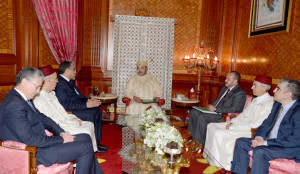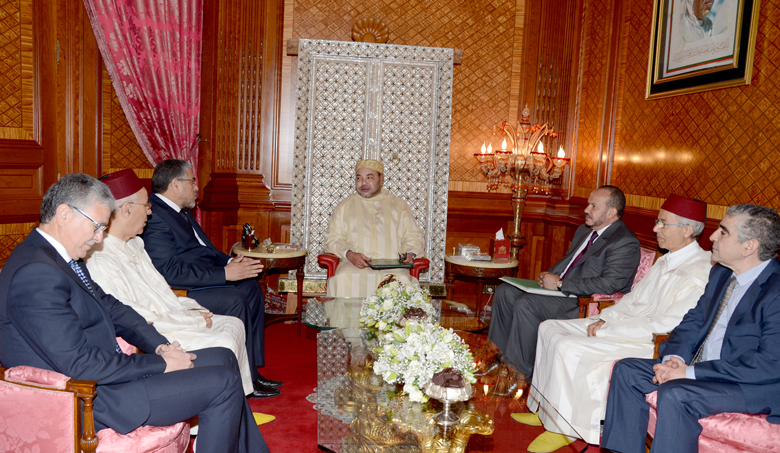 Morocco is about to adopt a new legislation expanding the cases where abortion will be legal.
Morocco is about to adopt a new legislation expanding the cases where abortion will be legal.
The new development is taking place following consultations led by the Minister of Justice and Freedoms, the Minister of Endowments and Islamic Affairs and the President of National Human rights Council (CNDH) with all concerned parties, as instructed by King Mohammed VI last March.
The consultation process was launched after the ongoing debates on the reform of the penal code came up against a barrier when it came to legalizing abortion. The gaps between the anti- and pro-abortion advocates prompted the King to entrust the three officials with holding large-scale consultations and reaching an objective opinion on the issue safeguarding the interests of women and respecting the precepts of Islam and the principles of Moroccan society.
The results of the consultations were submitted on Friday to King Mohammed VI who gave his green light to the elaboration and adoption of the new legislation that will allow abortion in force majeure cases.
“The various consultations showed that the overwhelming majority of society is for the criminalization of abortion with the exception of a few cases of force majeure that would have negative medical, psychological and social repercussions on the woman, the family, the fetus, and the whole society,” said the Royal cabinet in a statement released on Friday.
The cases of force majeure concern a pregnancy that threatens the mother’s life and health, pregnancies resulting from rape or incest, and in cases where the fetus might have severe deformities and incurable diseases.
During the Friday meeting, the King gave instructions to “translate the findings of these consultations into draft legal provisions”.
The provisions will be included in the penal code, “within the framework of respect for the precepts of the holy Islamic religion, while underlining the virtues of Ijtihad, adapting (the texts) to the changes undergone by the Moroccan society and to its values based on moderation and openness and taking into account the society’s unity, cohesion and specificities,” said the Royal cabinet statement.
According to non-official estimates, between 600 and 800 illegal abortions are performed in Morocco every day, although the legislation in force provides for prison terms ranging from one to five years for the offenders.
Therefore, since the law alone cannot stop illegal abortions, King Mohammed VI stressed the necessity to foster public awareness, step up prevention, and strengthen the dissemination and popularization of scientific and ethical knowledge about this topic in order to immunize society against the causes of abortion, the statement said.
Legislations regulating abortion are not standardized across the countries of the region. The procedure is legally authorized and in some cases free of charge in Tunisia, Turkey and Bahrain. In most other States of the region abortion is prohibited except in case the pregnancy is endangering the mother’s the life or if the fetus has severe abnormalities risks.
